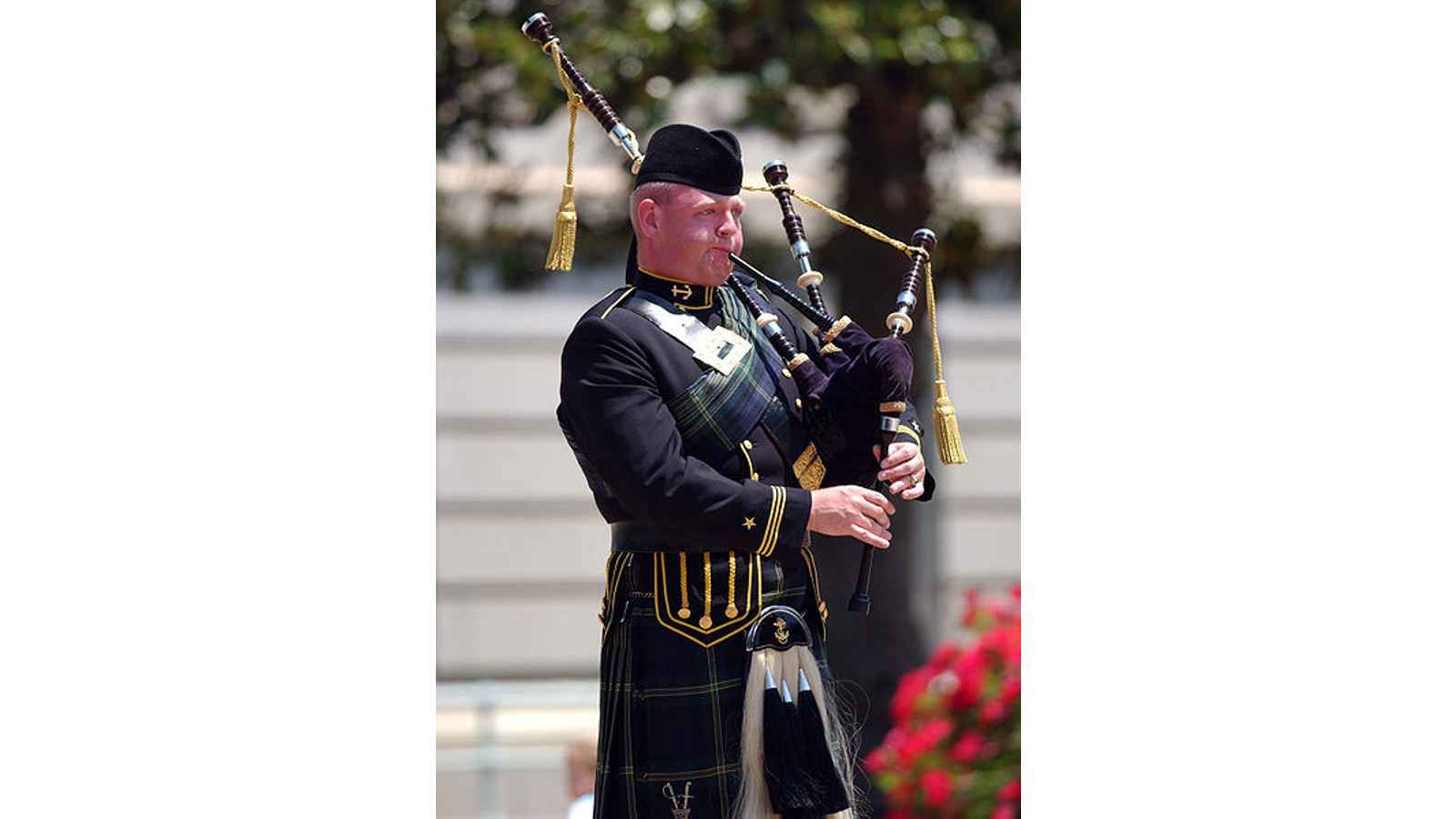Bagpipe Appreciation Day is celebrated annually on July 27. This day commemorates the bagpipe, an ancient musical instrument. These musical instruments have been a part of the Scottish culture for thousands of years. They have been utilised in battles, funerals, parades, weddings, and regal events.
The background of Bagpipe Appreciation Day
Unlike kilts, haggis and whisky, bagpipes did not originate in Scotland, despite their centrality to Scottish identity. Shepherds were rumoured to have played bagpipes for recreation in Mesopotamia, a region in the Middle East. There are rumours that the pipes existed in ancient Egypt, but there is no evidence to confirm this.
A Hittite wall carving from around 1000 B.C. depicting a bagpipe suggests that the instrument was also utilised in western Asia. The Hittites engaged in trade with Egypt, so the Hittites may have received the instrument from the Egyptians. This leaves the Egyptians and Hittites as the only two possible bagpipe inventors.
The Romans introduced the instruments to the Greeks, who adapted them when they conquered Greece. Nero, the Roman Emperor, enjoyed playing the bagpipes. The English admired the instrument so much that they adopted it as well. After the Roman invasion in the fifth century, bagpipes became prominent in Britain. The instruments gained greater popularity in England than anywhere else in the world.
Worcestershire, Nottinghamshire, and Lancashire produced notable bagpipers, while Cornwall, Northumberland, Lancashire, and Lincolnshire produced their own bagpipe styles. The first mention of the Scottish Highland bagpipes occurs in 1547, in a French account of the Battle of Pinkie, where they were used. By the 18th century, they had become a symbol of the national identity of Scotland. The military began employing the instrument alongside percussion. During battles, bagpipes were used for communication to signify movements, attacks, and retreats. Additionally, they were performed prior to battle to inspire the army.
As a result of the failure of the 1745 Scottish insurrection, military training was prohibited and bagpipes were no longer used in battle. However, they were saved for other applications. There are a variety of bagpipes available today. The most prominent bagpipe is the Great Highland bagpipe from Scotland. On Bagpipe Appreciation Day, all bagpipe variations and their contribution to culture and music are honoured.
International Digital Adoption (DAP) Professionals Day 2023: Date, History
National Bagelfest Day 2023: Date, History, Facts, Activities
National Coffee Milkshake Day 2023: Date, History, Facts, Activities
BAGPIPE APPRECIATION DAY ACTIVITIES
Perform the bagpipes
The bagpipe is one of the best methods to celebrate Bagpipe Appreciation Day. If you do not own or know how to play a bagpipe, you can purchase one and begin practising.
Read a book on historical events.
If you enjoy reading, you can research the history of bagpipes. Bagpipe Appreciation Day can be commemorated by studying bagpipe culture.
Visit a museum
Visit a museum and learn about the history of bagpipes. Discover the cultural significance of bagpipe artefacts as you view them.
5 INTERESTING FACTS ABOUT BAGPIPES
Historically, Scottish soldiers frequently marched into battle to the sound of bagpipes.
A bagpipe does not have a volume control, so its intensity cannot be adjusted.
The most popular bagpipe tune is “Scotland the Brave”; it is the unofficial national anthem of Scotland.
The Great Highland bagpipes were used by pipers during the conflict due to their volume of 10 miles.
The bag-shaped air reservoir provides air to the enclosed reeds of the woodwind instrument.
BAGPIPE APPRECIATION DAY DATES
| Year | Date | Day |
|---|---|---|
| 2023 | July 27 | Thursday |
| 2024 | July 27 | Saturday |
| 2025 | July 27 | Sunday |
| 2026 | July 27 | Monday |
| 2027 | July 27 | Tuesday |



